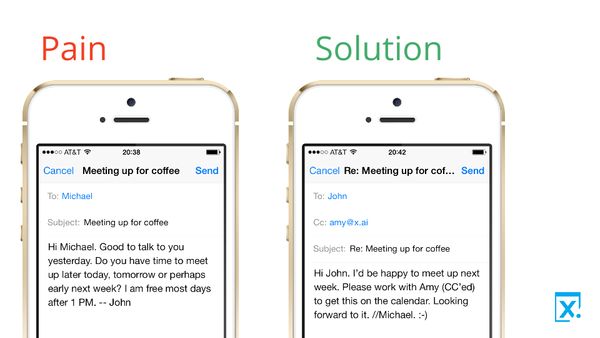
Lumosity is the online brain game that claims to help with memory loss, make you better at work and school, and can even help with brain injuries. The Federal Trade Commission filed a lawsuit, saying the company made "unfounded claims" with no science to back them. Lumosity has agreed to settle the charges by paying $2 million.
"Lumosity preyed on consumers’ fears about age-related cognitive decline, suggesting their games could stave off memory loss, dementia, and even Alzheimer’s disease," said Jessica Rich, the director of the FTC’s Bureau of Consumer Protection, in a statement. "But Lumosity simply did not have the science to back up its ads."
Lumosity is a San Francisco-based company that was founded in 2005, and currently boasts more than 70 million registered users around the world. The company says they will continue to offer their brain game to customers, despite the lawsuit.
"Neither the action nor the settlement pertains to the rigor of our research or the quality of the products—it is a reflection of marketing language that has been discontinued," the company said. "Our focus as a company has not and will not change: We remain committed to moving the science of cognitive training forward and contributing meaningfully to the field’s community and body of research."
According to the FTC, Lumosity also failed to notify customers that some of the testimonials on their website were solicited through contests in which prizes included an iPad, a lifetime subscription to Lumosity and a round-trip to San Francisco.
In addition to the $2 million settlement, Lumosity has agreed to notify customers that signed up for auto-renewal subscriptions between Jan. 1, 2009 and Dec. 31, 2014 about the FTC's claims and offer subscription cancellations. They have also agreed not to make any other scientific claims without "competent and reliable scientific evidence." The company says they will continue to support research regarding the usefulness of their brain game.
"The recent peer-reviewed clinical test published in the journal PLOS One is a large, randomized, active-controlled trial of our cognitive training program," a spokesperson for Lumosity told Fast Company. "The study reported that participants who trained with Lumosity for 10 weeks improved on an aggregate assessment of cognition. Going forward, a key focus of our ongoing research is to build on these studies to better understand how training-driven improvements on tests of cognition translate to performance in participants' everyday lives."
Are you a Lumosity user? Tell us why on Twitter @efficient.









Member discussion